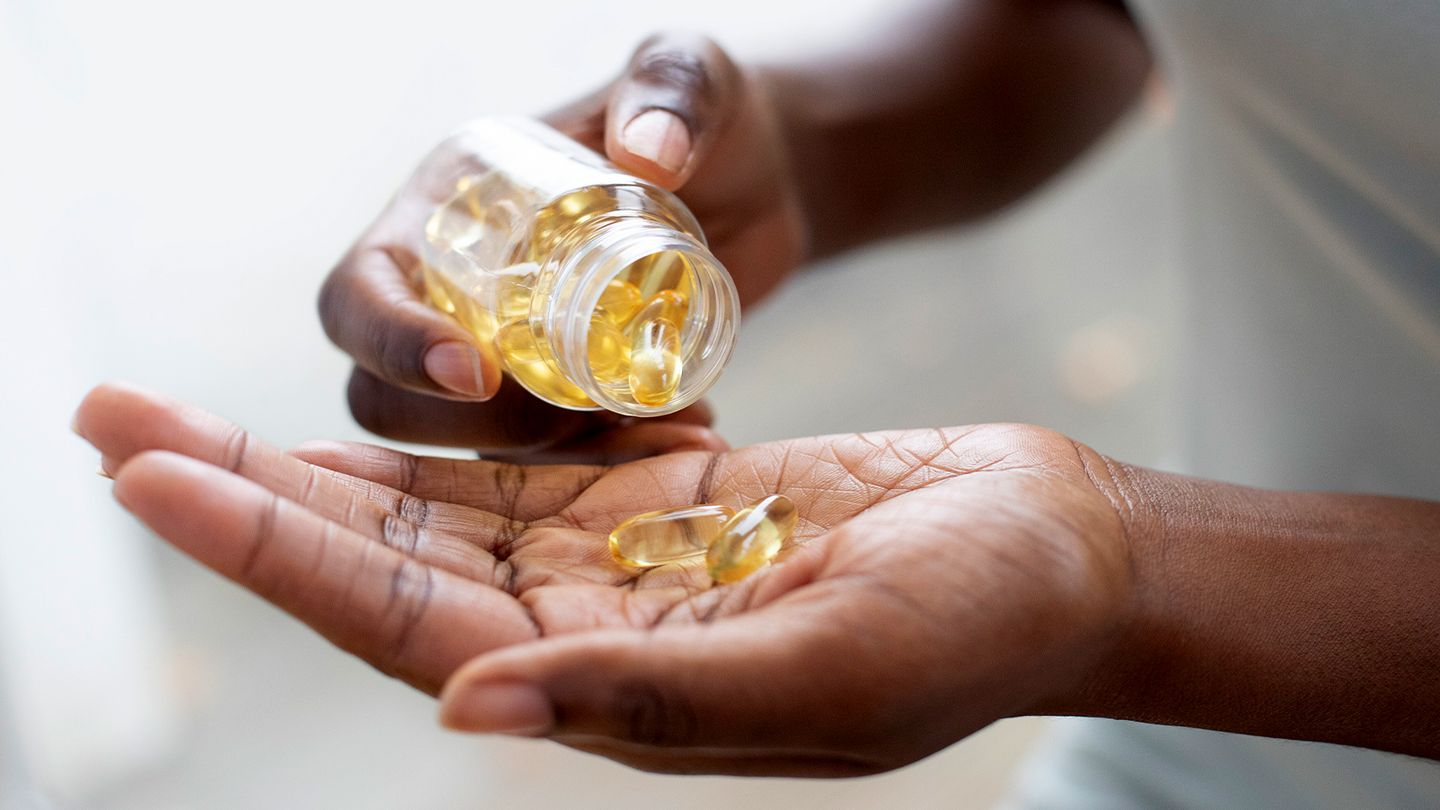
If you haven’t already known yet, vitamin D is an essential nutrient our bodies need for building and maintaining healthy bones. It is also helpful in regulating other cellular functions in the body, possessing antioxidant, anti-inflammatory, and neuroprotective properties that boost immune health, brain cell activity, and muscle function. This vitamin isn’t found naturally in many foods but is usually found in fortified foods, sunlight, and of course, supplements like Designs for Health at Supplement First.
Speaking of supplements, you may be left wondering if there is a need for supplementation of vitamin D when it’s possible to get it from the sun. Not everyone will require vitamin D supplements, but there are a few communities that may benefit or even require supplementation. Read on to learn who needs vitamin D supplements.
How Much Vitamin D Do You Need?
Adults require 600 international units (IU) of vitamin D daily. If you are older than 70 years old, you will need about 800 IU.
How will you know if you aren’t getting enough vitamin D? The best way to know is by asking your doctor and getting blood tests done to assess your nutrient levels. That way, you will know if you need a vitamin D supplement from brands like Pure Encapsulations at Supplement First or a slight change in lifestyle habits to get enough of it daily.
Who Needs Vitamin D Supplements?
As mentioned, it is possible to get vitamin D from fortified food sources and other natural foods like fatty fish, fortified milk, dairy products, and egg yolk. It’s also popularly absorbed from adequate sunlight exposure.
However, many people still end up requiring vitamin D supplements as they may not get enough of it from what they eat or through the sun.
For instance, sunlight can be unreliable in certain locations and climates, where they may not see the sun most of the day. Some individuals do not go outside as often to get adequate sunlight exposure to absorb vitamin D, or individuals who are heavily clothed due to religious reasons or skin conditions.
Another group who will require vitamin D supplements are vegans, who may suffer from vitamin D deficiencies due to not consuming foods rich in vitamin D like fish, eggs, and dairy products.
Women who are pregnant, breastfeeding, and post-menopausal may also require vitamin D supplements as they are at risk of a deficiency.
Those who suffer from obesity may also require a supplement, as they are also known to be at risk of a vitamin D deficiency from not getting enough sun exposure. The same goes for individuals with conditions like chronic kidney disease or parathyroid disease.
Lastly, older people are more at risk of a vitamin D deficiency and will require a supplement for two reasons – They are likely usually indoors and because their nutrient absorption is less efficient as they age.
Wrapping It Up
If you believe you need vitamin D supplements, make sure you consult with your doctor to confirm it.
